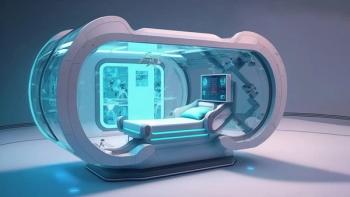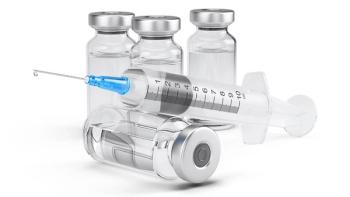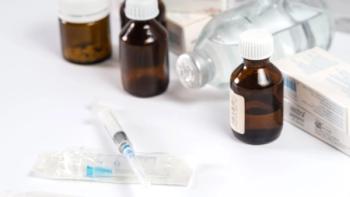
Flexible manufacturing processes and facilities support the pipeline of allogeneic cell therapies.
Jennifer Markarian is manufacturing editor of BioPharm International.

Flexible manufacturing processes and facilities support the pipeline of allogeneic cell therapies.

Advances in digital technologies offer effective data handling for bio/pharma manufacturing.

Emergence of advanced manufacturing technology to ensure quality of biopharmaceutical drugs combined with efforts to identify a regulatory pathway indicate that a distributed manufacturing model is within reach.

Process automation technologies aid modernization and enable closed systems.

Manufacturers face the challenge of meeting growing demand for personalized biopharmaceuticals.

Automation enables intensification of downstream processes.

Automation and digitalization work together in the digital plant.

Precompetitive consortiums seek solutions to industry-wide challenges.

BioPharm International spoke with Colleen Floreck, vice president, Global Marketing and Strategy, Catalent Cell and Gene Therapy about the specific requirements and challenges for expanding production of viral vectors.

Flexible and efficient methods are needed for biopharmaceutical manufacturing.

The continuous, aseptic fill/finish process is finding use in vaccines and biologic drugs.

Innovations aid efficient processing.

Isolators move into smaller-volume processes, including cell and gene therapy manufacturing.

Disposable equipment components find use in small-volume aseptic biopharmaceutical manufacturing.

A new GMP facility in Raleigh, NC, and a starting materials facility in Paris, France, give Cellectis end-to-end, in-house manufacturing capacity for its UCART product candidates.

Mechanistic models provide process understanding for developing robust manufacturing processes and for scale up and tech transfer.

Models of biopharmaceutical processes can be used for speeding development and improving process control.

Material properties play a role in container closure integrity under frozen or cryogenic storage temperatures.

Packaging materials, kit design, and cold-chain handling should be optimized for each study.

Homology Medicines discusses how the clinical-stage biopharmaceutical company met its need for supply of adeno-associated virus vectors.

BioPharm International interviewed Cloudleaf about trends in tracking vaccines through the supply chain.

Packaging and transporting large quantities of COVID-19 vaccines pose challenges for the cold chain.

Collecting and analyzing data are crucial for creating efficient, automated bioprocesses.

Filling and packaging of primary containers is a crucial piece of COVID-19 vaccine production.

Automated sampling systems and integration of PAT are overcoming some of the roadblocks to increased automation of biopharmaceutical manufacturing processes.

Pumps and other components meet the demands of single-use systems in biopharmaceutical downstream processing.

Higher cell densities are driving innovations in harvesting, including closed systems for intensified processes.

Suppliers address the complexity of supplying disposable components for single-use systems to the global biopharmaceutical manufacturing industry.

Single-use components for biopharmaceutical manufacturing have a lower environmental impact than reusable components, but disposal is still a consideration.

Modern technologies, including Industry 4.0 and the Industrial Internet of Things, offer opportunities to increase biopharmaceutical manufacturing efficiency.

Published: November 1st 2021 | Updated:

Published: September 1st 2021 | Updated:

Published: November 1st 2020 | Updated:

Published: May 2nd 2021 | Updated:

Published: January 1st 2021 | Updated:

Published: December 2nd 2025 | Updated: